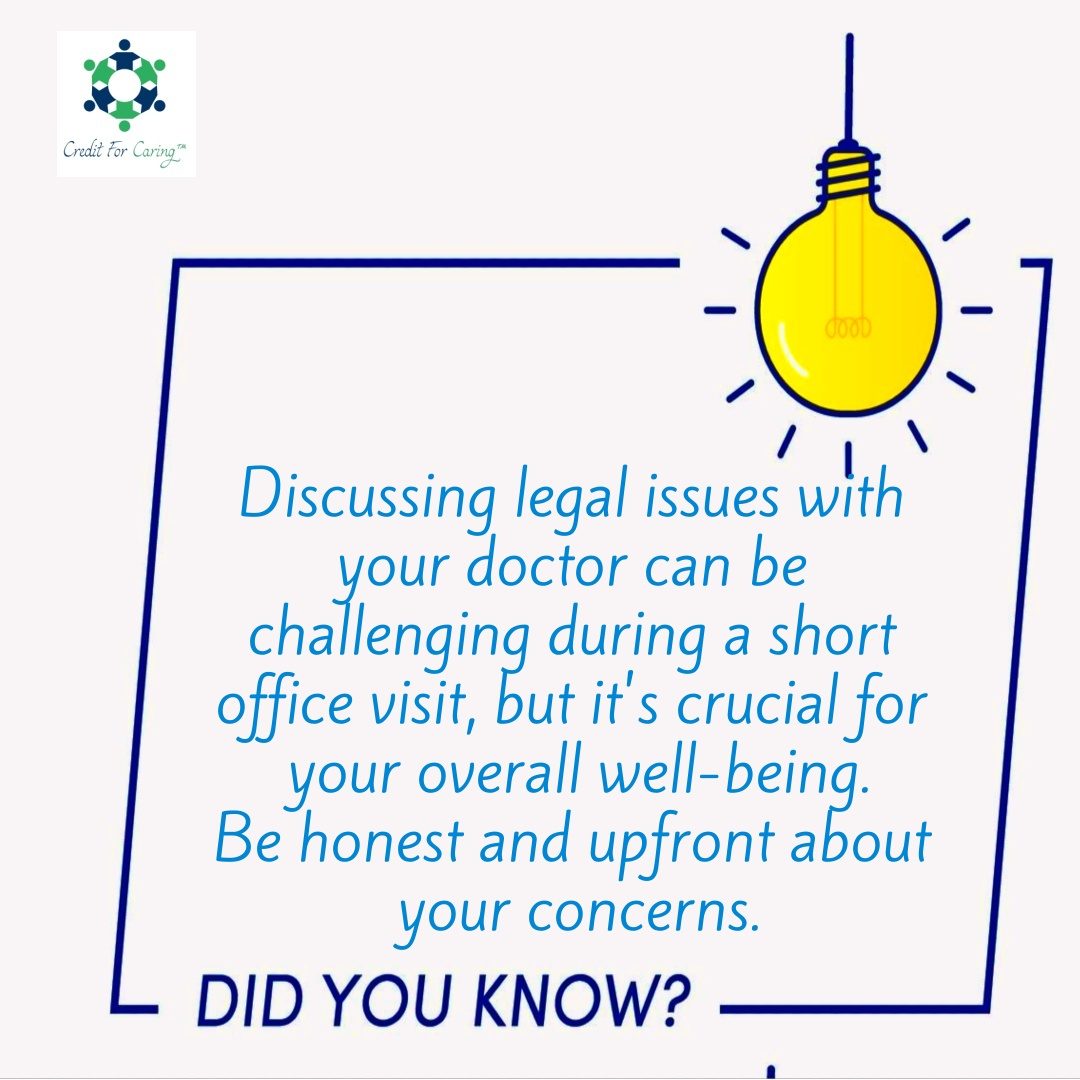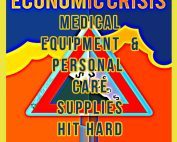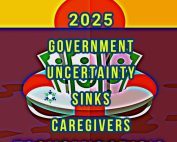Getting the Most from
Your Doctor’s Visit
Doctors visits, home care, rehabilitation, disease management, care coordination and caregivers services
Getting the Most from
Your Doctor’s Visit
Doctors visits, home health care, rehabilitation therapy, disease management, care coordination and caregivers services
Do you find healthcare appointments stressful?

I recommend you do these things before going to the doctor. Collect and organize all your vital sign records, food diary, weight changes, and any other tracking you have recorded since your last visit. Create a written record of all prescriptions, over the counter medicines including vitamins taken since the last visit. Write down questions and/or concerns. Bring paper and pencil to write down answers.
140k+
US primary care physicians
697K
die from heart attacks in us last year
8.3%
US men have heart disease
Prepare for the Appointment
Taking time to prepare for healthcare appointments is crucial to ensure that all your health concerns are addressed effectively. Start by keeping a detailed log of your symptoms, noting when they occur, how long they last, and any patterns you notice. This log should also include updates on your overall health, such as changes in appetite, sleep patterns, mobility, or mental well-being. Be sure to list all medications you’re taking, including dosages, frequency, and any side effects you may be experiencing. This includes prescription drugs, over-the-counter medications, and supplements.
Writing down your questions and concerns ahead of time helps ensure that nothing important is overlooked during the appointment. These questions might range from inquiries about treatment options and potential side effects to concerns about managing daily activities or understanding test results. Bringing a list to your appointment allows you to stay focused and ensures you leave with the information you need.

Communicate Openly and Honestly
Open and honest communication is the foundation of an effective partnership with your healthcare team. When discussing your health concerns, be as detailed as possible, sharing both physical symptoms and emotional or mental health issues. It’s important to talk about how your daily activities are affected, whether it’s difficulty with mobility, managing pain, or dealing with fatigue. Don’t hesitate to mention lifestyle factors such as diet, exercise habits, sleep patterns, and stress levels, as these can significantly impact your health and the effectiveness of your treatment plan.
Discussing personal challenges can feel uncomfortable, but it’s vital to be transparent about any struggles you face, whether they’re related to managing medications, following dietary restrictions, or dealing with the emotional aspects of a chronic condition. Your healthcare team needs a complete picture of your situation to offer advice and treatments that are truly beneficial. For example, if you’re struggling to stick to a treatment plan due to side effects or practical difficulties, letting your provider know can lead to adjustments that make it easier to adhere to your care plan.


Understand Your Care Plan

Stay Engaged and Follow-Up
Communication is key to staying engaged. Be proactive in sharing any new symptoms or concerns with your healthcare team, even between appointments. If something doesn’t feel right, don’t wait until your next visit to mention it. Many healthcare providers offer patient portals or direct communication channels where you can quickly report changes and ask questions. Early communication allows your team to respond promptly, whether it’s adjusting your medication, recommending additional tests, or offering advice on how to manage new symptoms.
Lastly, remember that your engagement is a partnership with your healthcare team. By staying actively involved, you help ensure that your care plan remains effective and aligned with your changing needs. If you find that certain aspects of your plan aren’t working or are too difficult to maintain, speak up. Your healthcare team is there to support you, and they can help modify the plan to better fit your lifestyle and preferences. Staying engaged isn’t just about following orders—it’s about taking an active role in your health journey, ensuring that you receive the best possible care tailored to your unique situation.
















